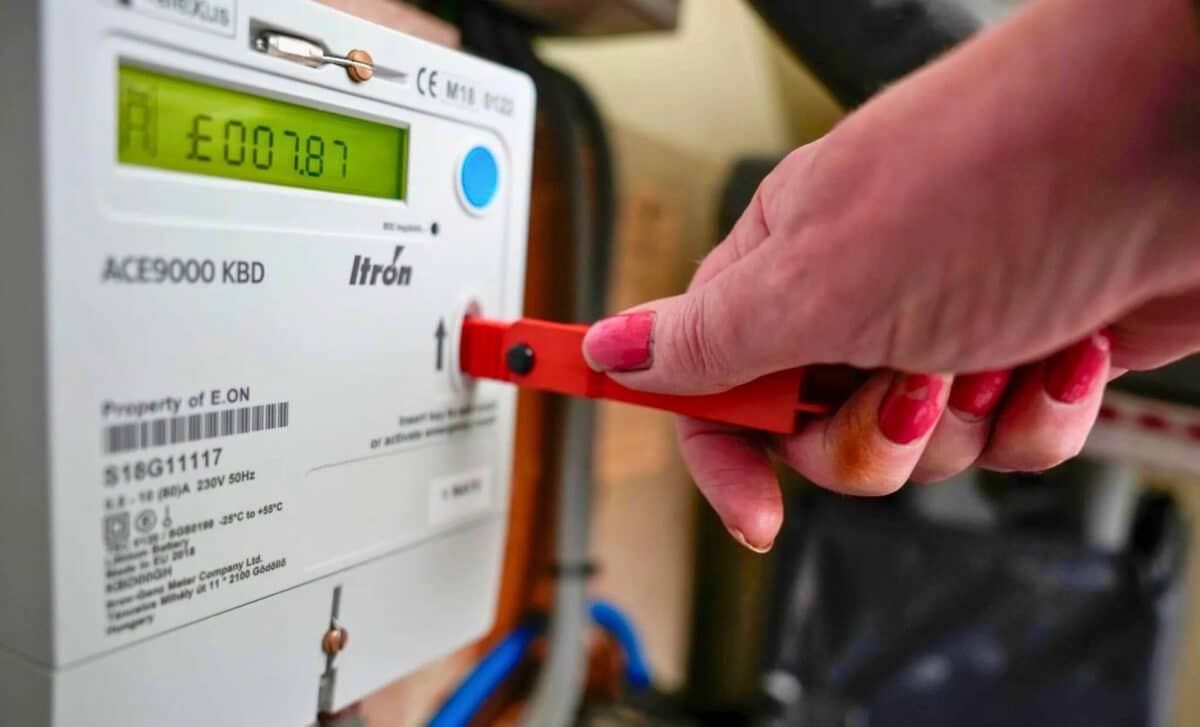According to new research by Uswitch.com, the delay in the date your energy supplier gets your meter reading until, Monday 1 July, could lead to almost 11 million households collectively paying more for their gas and electricity than normal.
So, households on a standard variable tariff without smart meters can take full advantage of the new lower price cap before it is implemented from 1 July by sending in meter readings as soon as possible.
Characterised by higher prices and ‘excess profits’, SVTs are generally among the most expensive options offered by gas and electricity suppliers. They are often added at the end of a fixed-rate energy contract.
The average bill for an SVT customer consuming an average amount of energy would be around £83 for the month of July. In other words, it is €83 if you take action now. If you don’t, your bill will be as high as it was in June, which is £127.
The difference in cost between a week’s energy at June and July rates is £2.78 for the average household. So, if 11 million homes skip out on sending in their bills before 1 July, they could collectively overpay by £30 million for just one week’s worth of energy.
Industry experts predict that energy tariffs will rise again in October and remain high throughout the winter until 2025.
There are currently a series of fixed rates available which may help to reduce costs and provide financial stability for at least a year, some of them offering rates up to 10% lower than the price cap expected in October.
Uswitch.com is urging householders to send in their meter readings this week and compare energy tariffs to find potentially better deals ahead of the price rises expected in October. Ben Gallizzi, energy expert at Uswitch.com, advises:
“Householders should add ‘read my energy meter’ to their to-do list this weekend to take full advantage of lower energy prices from July. Customers without smart meters should aim to submit their readings on or before Monday 1 July, to ensure their supplier has an accurate view of their account.”
“This will avoid consumption estimates that could lead to charges based on June’s higher tariffs. By getting into the habit of doing this every month, you can ensure that your bills are accurate.”
“The simplest way to explore your options is to run a comparison at Uswitch.com, where you can view available tariffs with personalised costs based on your household consumption.”
Uswitch’s Checklist for Minimising Energy Bills:
- CHECK: Ensure your meter readings are up-to-date. If you lack a smart meter, submit your latest readings around 1 July to be accurately charged for your gas and electricity usage. Regular submission of meter readings helps avoid overpaying or underpaying on your bill. Uncertain how to read your meter? Consult Uswitch’s guide.
- TRACK: Monitor your usage. While bills are generally lower in spring and summer, it’s beneficial to track your energy consumption using the free Utrack by Uswitch app. The app connects to your smart meter, providing regular insights into your household energy usage and useful energy-saving tips.
- CHANGE: Assess your energy tariff. With energy rates expected to rise from October, now is an ideal time to evaluate your options and lock in lower summer rates. Many reasonably priced fixed tariffs are available, so run a comparison at Uswitch to explore the range of tariffs.









